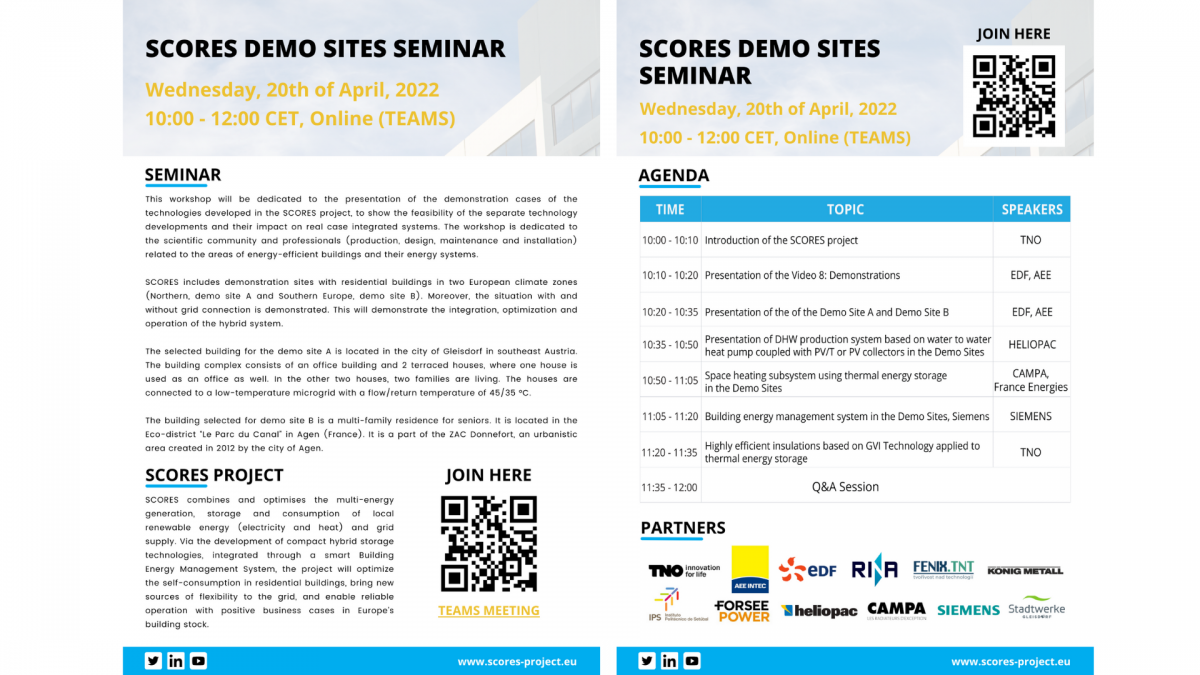Overall concept
The SCORES concept (Figure below) is based on a hybrid system combining effectively and efficiently solutions that harvest electricity and heat from the sun, store electricity, convert electricity into heat, store heat, and manage the energy flows in the building. The following ideas and assumptions are the starting point for the development of this highly inter-disciplinary overall concept:
- Delivery of economic value for home-owner and grid operator by storing energy at the lowest cost by using hybrid storage (market-pull);
- A breakthrough in optimal integration of the key technologies for storage and conversion required for a hybrid system;
- A breakthrough is required regarding cost and compactness of (electrical and thermal) storage technologies;
- Demonstration in relevant use cases is required to prove the economic and technological viability;
- For successful exploitation, the full knowledge, value, and supply chain has to be mobilized.
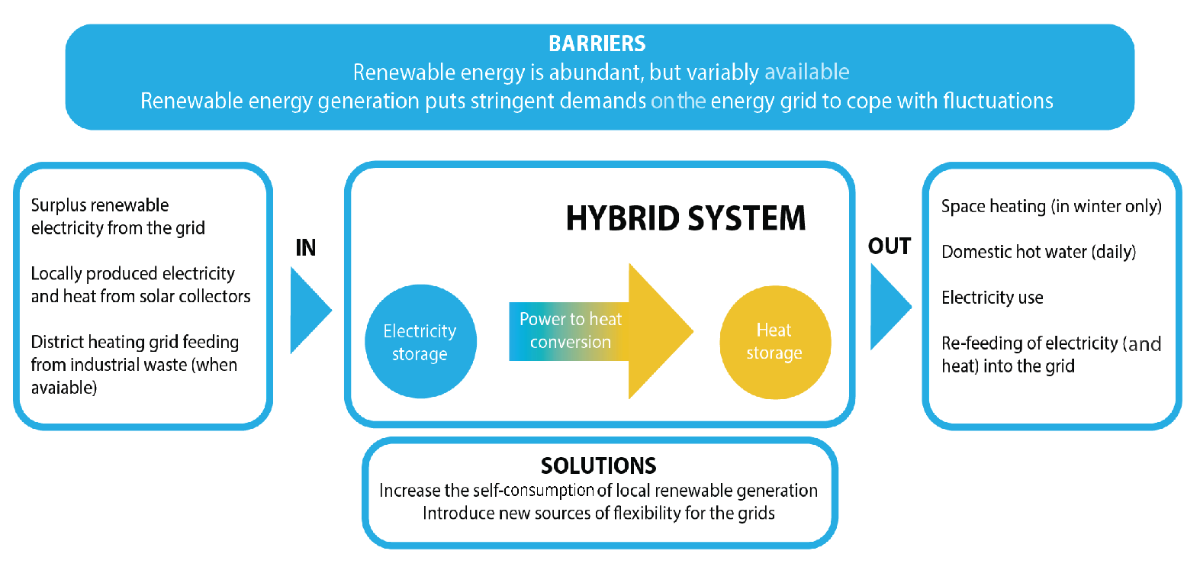
Overall approach
SCORES approach consists of 3 technology development lines and 3 integration and demonstration lines as depicted below. The aims of this approach are threefold:
- Further develop, optimize and enhance key technologies in heat and electricity storage and collection by advancing them from TRL 3-4 to 5-6
- Effectively integrate these key technologies in a hybrid system, including a sophisticated Building Energy Management System (BEMS) for optimized monitoring and control.
- Broad large-scale demonstration of the integration, optimization and operation this system in real buildings in 2 European climate zones with and without district heating connection (pre-requisite for TRL 6).
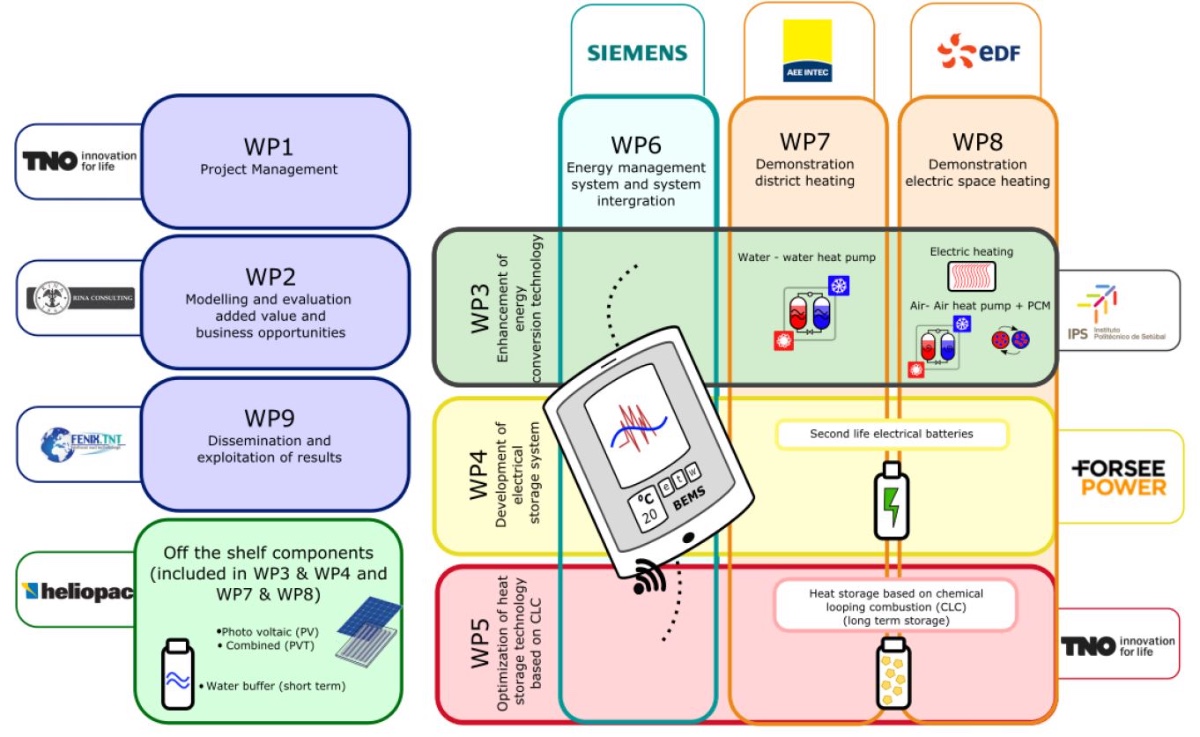
Project objectives
The most recent trends looking at the roadmap to achieve the 2050 European energy and climate sustainability goals for renewable energy, CO2 emissions and energy efficiency indicate that R&D efforts must combine electricity and heat at the global and local levels. For this purpose, a multi-energy approach on energy generation and conversion is required to release the full potential of intermittent renewable energies. As the building sector accounts for 40% of the total European energy consumption and intends to be “near zero energy” in 2050, the share of renewable energy locally generated and self-consumed in the building must be increased. Hybrid storage (i.e. storage of electricity and heat) is indispensable for creating flexibility, allowing to optimize the balance between the supply and consumption profiles of both electricity and heat for the lowest cost.
The main goal of SCORES is to demonstrate in the field the integration, optimization and operation of a building energy system including new compact hybrid storage technologies, that optimizes supply, storage and demand of electricity and heat in residential buildings and that increases self-consumption of local renewable energy in residential buildings at the lowest cost.
This hybrid energy system removes the technical barriers for better use of available energy sources in two ways
- at the local level increase the self-consumption of local renewable generation: Increasing the local renewable energy generation in buildings with a high share of local consumption bridges the gap between supply and demand for both electricity and heat, considering that renewable energy is in principle abundant, but variably available, in order 1) not to inject useless electricity (or inject as little as possible) to the grid when the demand is low and 2) not to lose energy (electricity or heat) that cannot be consumed. For this purpose SCORES will develop and demonstrate local storage technologies for electricity and heat at short (hours-days) and long (weeks-months) time scales.
- at the global (energy grid) level introduce new sources of flexibility for the grids: SCORES will also increase the storage capacity of the grid as it enables home-owners to offer storage of energy in their homes (behind the meter) to the grid operator in order to provide an additional source of grid-flexibility (e.g. the seamless exchange of energy in different forms). This will delay / decrease investments in the energy grids otherwise required for increasing power capacity reserves, by grid interconnection or reinforcement and by storage of electricity before the meter. The financial compensation received by the home
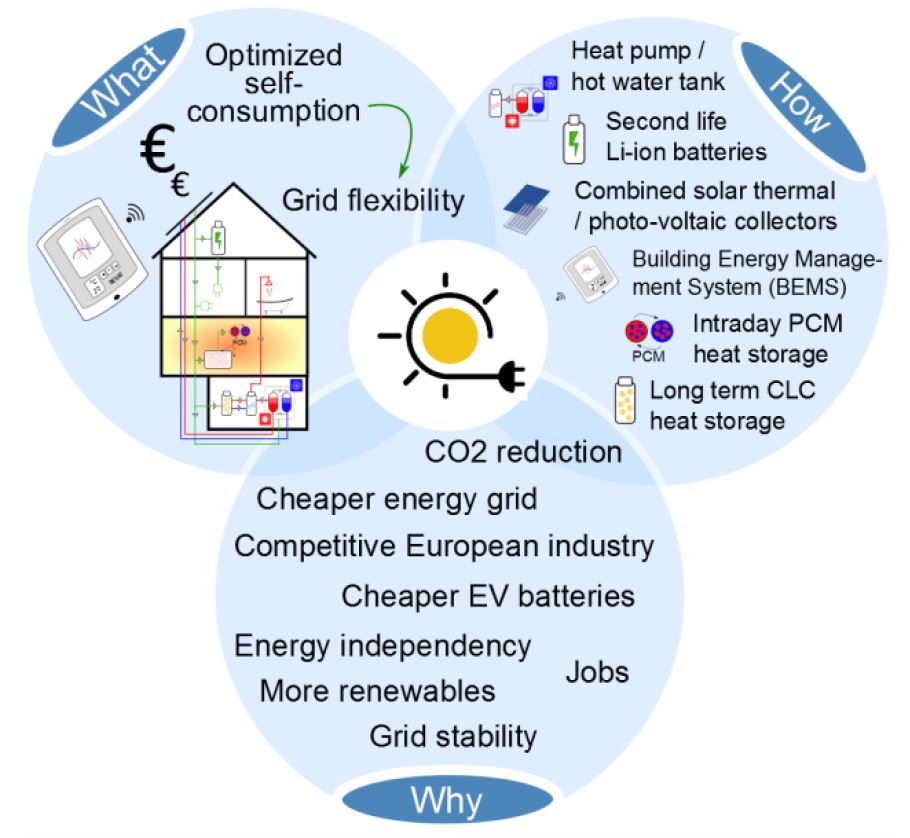
Expected Impact
Impact of the Scores system will be a broad assessment covering various economical levels like individual home owners, housing companies, grid owners, energy companies and governments, ecological issues and also the security of supply /reduced European dependence on fossil fuels originating from instable countries from across the globe. Within this impact assessment a first evaluation is performed for two demonstrations as planned in the SCORES project (for details, see Chapter 1.3.3), one representing typical conditions of an apartment block with district heating (demonstration A in Northern Europe) and the other representing typical conditions of an apartment block without district heating (demonstration B in Southern Europe).
On the average, total energy use for existing dwellings in Europe is 0.75 GJ/m2/year (i.e. 208 kWh/m2/year) consisting of cooking (1%), electricity (33%), domestic hot water use (15%) and space heating (51%). Clearly, thermal energy makes up the biggest part by far (66%). Although significant variations exist over the EU 28 (numbers in TOE, Tons of Oil Equivalent shown in Figure 13, 1 TOE = 42 GJ = 12 MWh), the chosen demos can be considered as representative and will give a good first indication of the potential techno-economic impact. Optimization of the SCORES system configuration will be possible for future applications in order to maximize the self-consumption
Demonstration

Demonstration of the integrated hybrid energy system will take place in two real buildings representative of different climate and energy system configurations for 3 cases, in Northern Europe (Austria) with and without a heat grid, and in Middle/Southern Europe (France) without a heat grid. Through smart combination and optimization on the system level SCORES will evaluate technical, economic and environmental benefits being larger than the sum of their parts. The partners in the consortium are the key actors for the required technologies that will be integrated in the project, representing strong industrial partners (OEMs) in the value chain for future exploitation of compact hybrid energy system.
For more info click HERE.

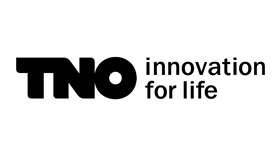 TNO: Netherlands Organisation for Applied Scientific Research
TNO: Netherlands Organisation for Applied Scientific Research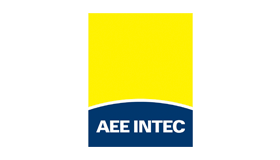 AEE - Institute for Sustainable Technologies
AEE - Institute for Sustainable Technologies ELECTRICITE DE FRANCE
ELECTRICITE DE FRANCE RINA CONSULTING SPA
RINA CONSULTING SPA SIEMENS NEDERLAND NV
SIEMENS NEDERLAND NV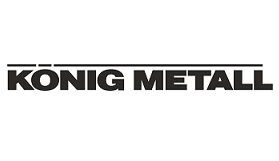 KONIG METALL GMBH & CO KG
KONIG METALL GMBH & CO KG INSTITUTO POLITECNICO DE SETUBAL
INSTITUTO POLITECNICO DE SETUBAL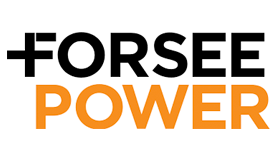 FORSEE POWER
FORSEE POWER 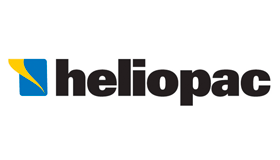 HELIOPAC
HELIOPAC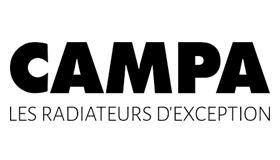 CAMPA
CAMPA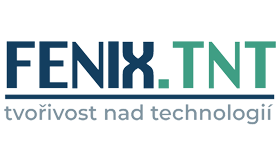 FENIX TNT s.r.o.
FENIX TNT s.r.o.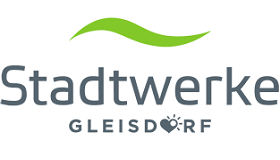 STADWERKE GLEISDORF
STADWERKE GLEISDORF
